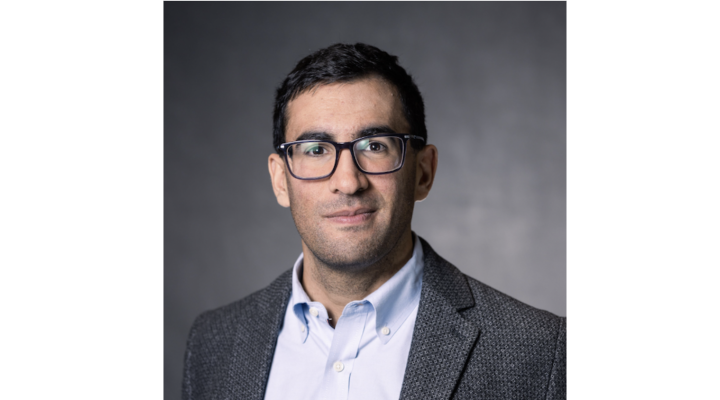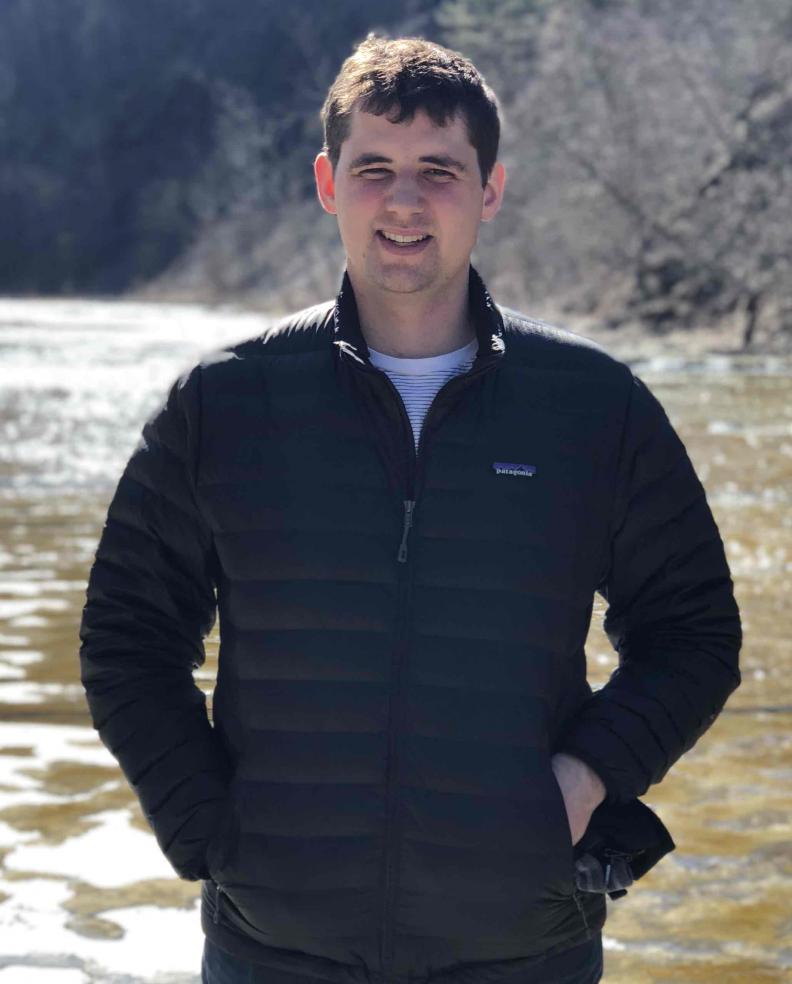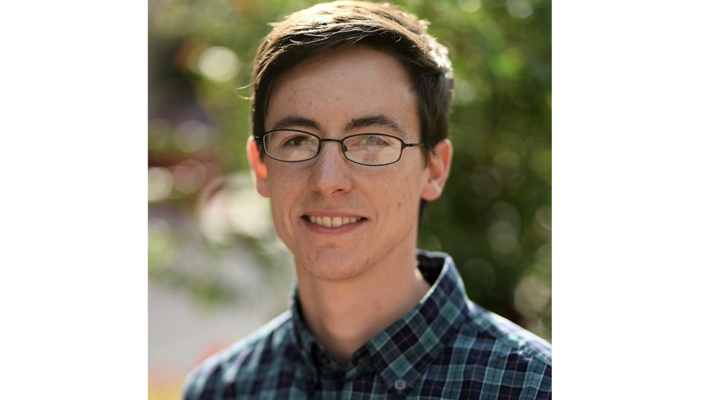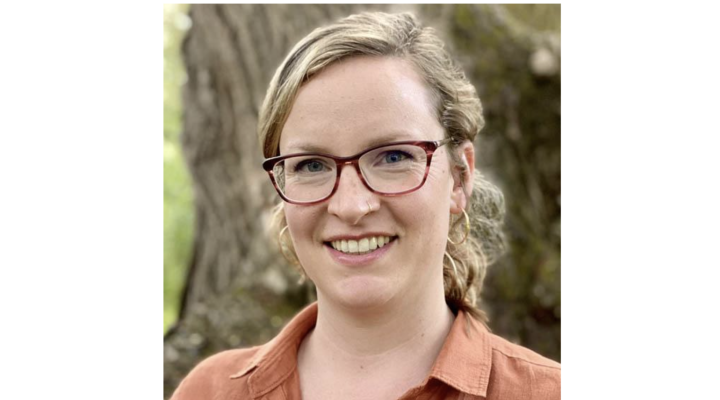It wasn’t until Austin Benson was earning his Ph.D. in computational and mathematical engineering at Stanford University that he fully realized the power of mathematics to affect the world. “When I was able to work with actual data I started to really see the possibilities,” says Benson.
Benson, who joined the faculty at Cornell’s Computer Science Department in July 2018 as an assistant professor, is now exploring some of those possibilities. “I work on computational methods for complex data—trying to design tools that are fast and reliable and at the same time allow the researchers using them to gain domain-specific insights,” says Benson.
Benson grew up outside of Madison, Wisconsin, where his father was a professor of Geological Engineering and Civil & Environmental Engineering at the University of Wisconsin-Madison. Benson’s mother holds an M.S. in civil engineering, as well. In high school Benson took several programming classes, “but then I drifted away from it and didn’t do any programming for a while. Then two years into my undergraduate studies at UC Berkeley I saw all of the opportunities that were available to Computer Science people and decided to study computer science.”
More specifically, Benson earned a B.A. in applied mathematics and a B.S. in electrical engineering and computer sciences from Berkeley. While at Berkeley, Benson had his first summer internship with the Domestic Nuclear Threat Security Initiative in Berkeley. In following summers he worked at Google, Hewlett-Packard Labs, and Sandia National Labs. “These internships gave me a different perspective. They were very valuable and they helped me see that I wanted to go into academia.”
Benson earned his Ph.D. in Computational and Mathematical Engineering at Stanford. He then came to Ithaca, where he held a postdoctoral associate position in the Computer Science Department before joining the department as an assistant professor. “Cornell does everything well,” says Benson. “When I first visited I was struck by the thoughtfulness in how people here go about their business. People care about doing good work and being good colleagues. The CS department is great, and the fact that Info Sci is in the same building was such a selling point.”
Another factor in Benson’s decision to join the faculty at Cornell is the presence of the Center for Applied Mathematics (CAM). “Much of my work aims to build a bridge between classic applied math and information science,” says Benson. “My research develops computational frameworks for analyzing large-scale and complex datasets coming from social networks, biology, the Web, and other scientific domains. I try to design tools that will be cross-disciplinary and that will allow researchers to learn from their data.”





